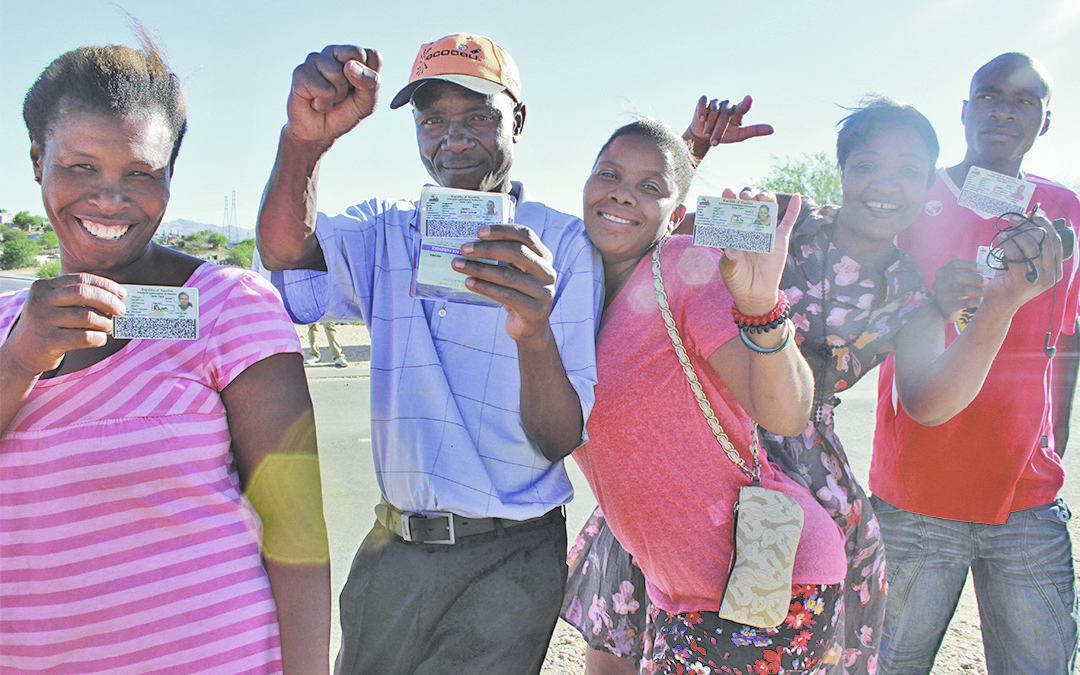As a public service ahead of the 2019 Presidential and National Assembly Elections, the ACTION Coalition launched a briefing paper on Access to Information and Elections. This paper embraces a rights-sensitive approach to the holding and disclosure of election related information. It specifically enquires into the extent to which relevant electoral stake-holders proactively disclose election related information to the electorate and the media. The recently launched Guidelines on Access to Information and Elections in Africa, produced by the African Commission on Human and People’s Rights, is used as the benchmark to gauge Namibia’s compliance.
A fundamental element of democracy is the freedom to choose political leaders through elections. Free and fair periodic elections expose candidates’ records and proposed policies to a level of public scrutiny that is capable of positively influencing the responsiveness of elected representatives. At the macro level, elections allow electors to determine the acquisition or retention of political power in a peaceful and structured manner and elections are as such crucial for the overall legitimacy of political leadership. They are a necessary element of democracy.
For elections to be free, fair and credible, the electorate must have access to information at all stages of the electoral process. Without access to accurate, credible and reliable information about a broad range of issues prior, during and after elections, it is impossible for citizens to meaningfully exercise their right to vote in the manner envisaged by Article 13 of the African Charter. The importance of access to information in the electoral process and for democratic governance is recognised in the African Charter on Democracy, Elections and Governance, as well as other sub-regional treaties and standards.
The paper is available for download here. A summarised fact sheet is also available for download here.
/Ends


Recent Comments